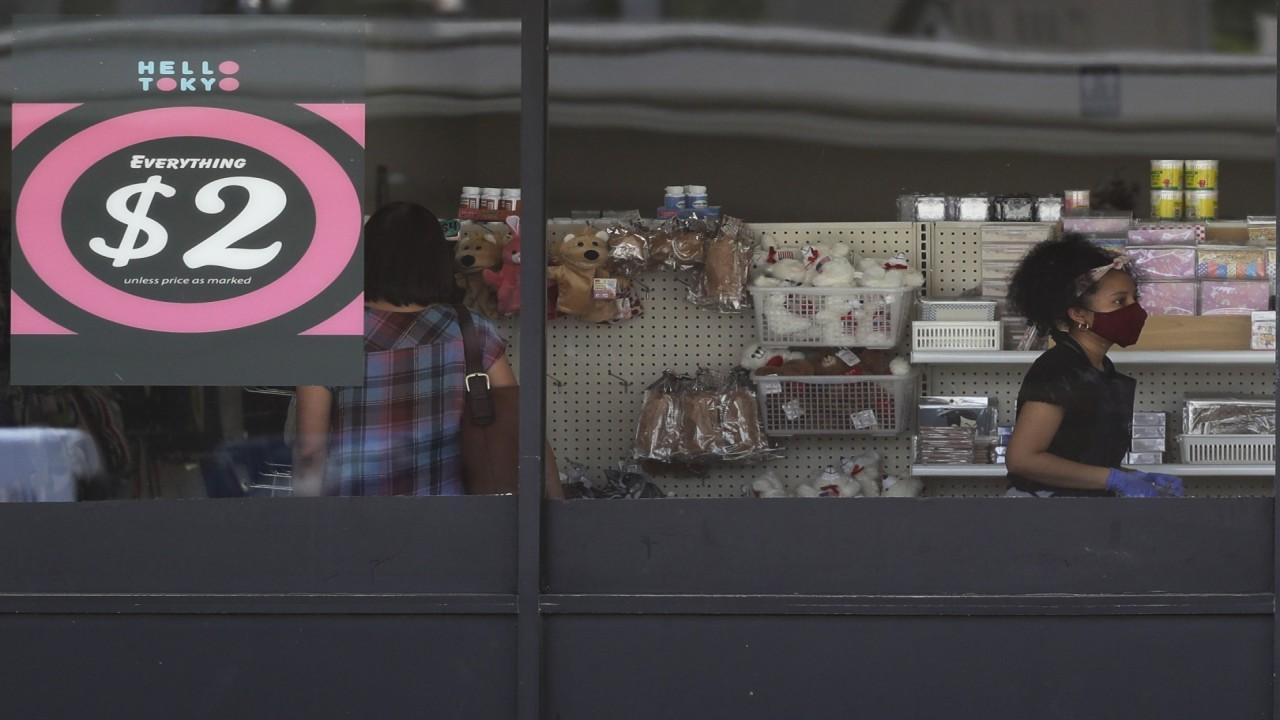PPP borrowers could face higher state income taxes - here's why
PPP borrowers could face unwelcome surprise on state tax bill
Small business owners who received loan forgiveness through the taxpayer-funded coronavirus rescue program could face an unwelcome surprise on their state tax bill.
Because of a quirk in tax law, about 20 states may tax the aid that companies received through the $670 billion Paycheck Protection Program, even if the federal government forgives the loan, according to a study published by the Tax Foundation, a Washington-based nonprofit.
TRUMP ADMIN RELEASES NAMES OF ALMOST 700,000 PPP BORROWERS
The Paycheck Protection Program, part of the $2.2 trillion CARES Act passed at the end of March, was intended to encourage small businesses to keep workers employed during the coronavirus pandemic and avert mass layoffs. If at least 60 percent of the money went toward maintaining payroll, the federal government will forgive it, essentially turning the loan into a grant.
Although debt forgiveness is typically counted as a taxable benefit, Congress said the federal government wouldn't tax the money.
COMPANIES RETURNED $30B IN VIRUS RELIEF LOANS FROM PPP
Some states -- including New York and Michigan -- have what's known as "rolling conformity," meaning their tax law automatically adopts any changes to the federal law.
"States with what is known as rolling conformity are set; they will not tax the forgiveness of federal loans under the PPP unless lawmakers in those states adopt a law expressly doing so. But with static conformity states, it all depends on if and when they update their conformity," Jared Walczak, director of state tax policy for the Tax Foundation, wrote in the analysis.
But about 20 states, including California, must vote to update their tax code on a static basis, often years after the federal change takes place.
PPP REOPENS TO APPLICANTS WITH $132 BILLION REMAINING
If those states conform their tax law before 2020 tax returns are due next year, businesses ultimately will not owe state taxes on the forgiven PPP loans. Barring an update to their own laws, however, those states may tax the coronavirus aid. At the end of June, North Carolina updated its laws to reflect the new changes.
States are also desperate for the revenue: According to a separate study released by the group on Wednesday, state revenues are on track to plunge by $121 billion over the next two years compared to 2019.
Others are "notorious" about not updating their conformity dates, Walczak said, noting that California's conformity date is "still stuck in 2015." Wisconsin uses a 2017 conformity date, and New Hampshire's individual income tax still uses the internal revenue code as it existed in 2005.
Some states, including California, have indicated they intend to keep the money.
"Some states have made it pretty clear they need revenue," Walczak told FOX Business on Wednesday. "This is revenue available to them. And they don't want to do anything that walks this back."
GET FOX BUSINESS ON THE GO BY CLICKING HERE




















